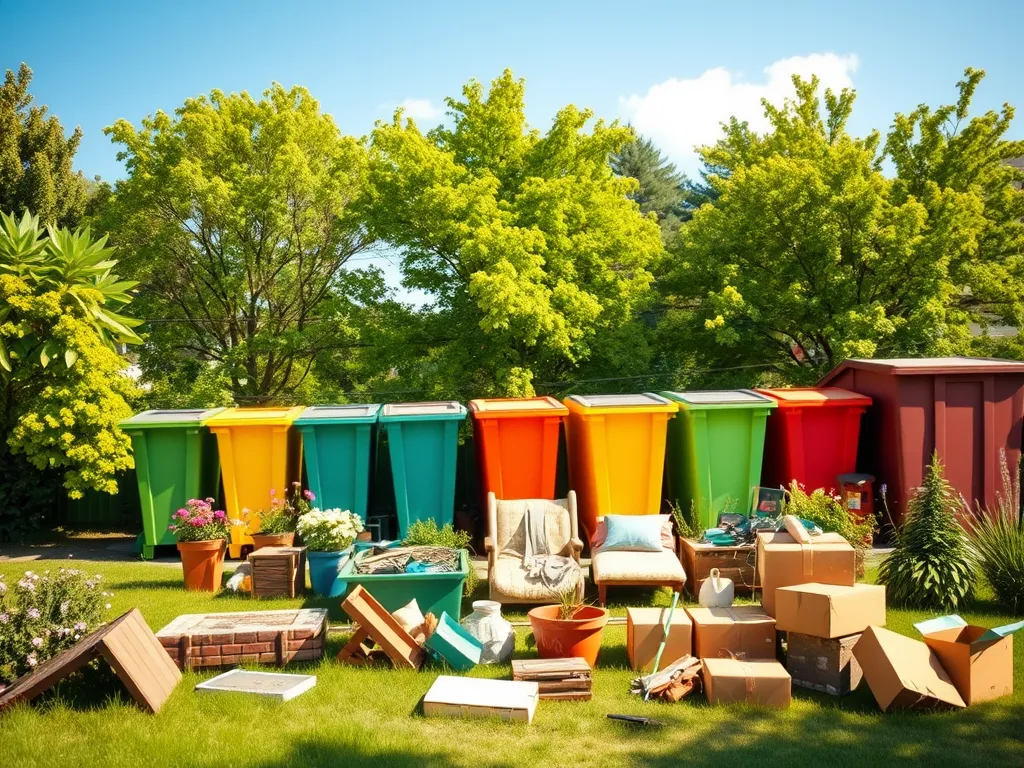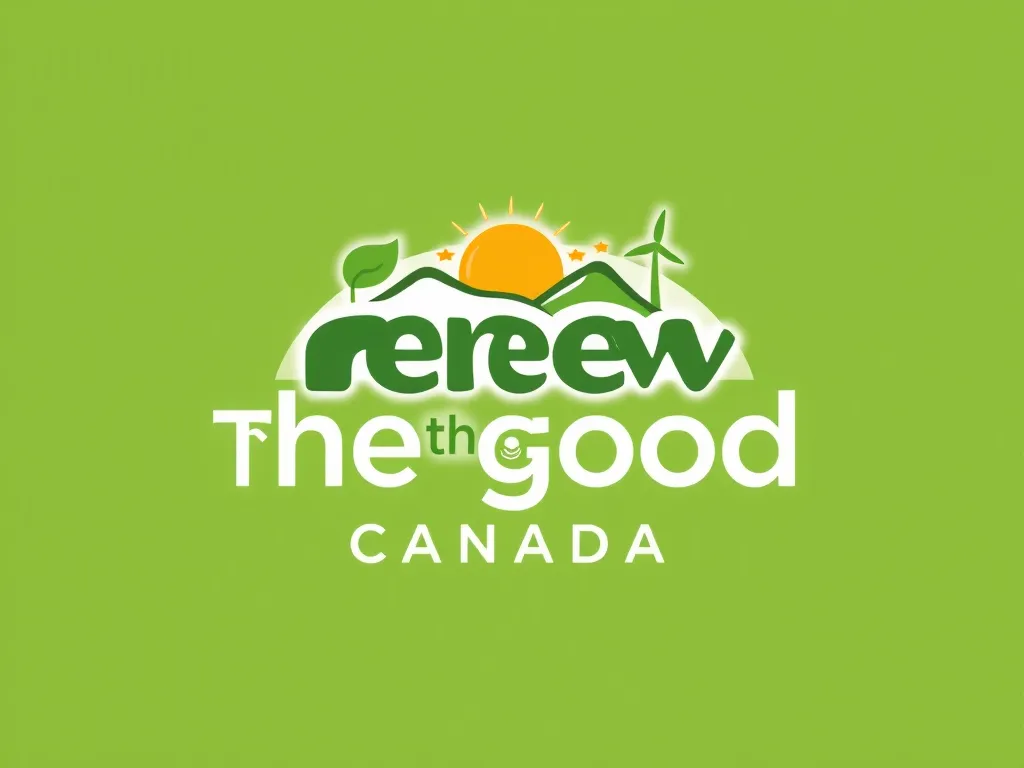Top Tips for Dumpster Rental During Spring Cleaning

The Ultimate Guide to Dumpster Rental for Spring Cleaning
Spring cleaning is an essential ritual for many, but it often leads to an overwhelming amount of clutter and waste. This is where dumpster rental for spring cleaning comes into play. Renting a dumpster allows homeowners to efficiently dispose of unwanted items, making the spring cleaning process more manageable and stress-free. With a variety of sizes available and straight-forward rental processes, dumpster rental is a convenient solution for all your spring cleaning needs.
When planning for spring cleaning, a dumpster rental can help you declutter your home while ensuring that you responsibly dispose of waste. Many people underestimate the amount of waste they generate when organizing and cleaning their spaces. Having a dumpster on-site provides a designated spot for all your discarded items, allowing you to focus on the task at hand without worrying about where to put everything.
Additionally, dumpster rental for spring cleaning can be particularly valuable for larger households or those tackling extensive projects, such as garage clean-outs, yard work, or home renovations. With the right dumpster size, you’ll avoid the hassle of multiple trips to the local dump and keep your cleaning efforts organized. This will not only save you time but also keep your property looking tidy throughout the process.
Before you finalize your plans, it’s important to choose the right dumpster size, as selecting one that’s too small can lead to frustration, while one that’s too large may be a waste of resources. In our guide, we will explore everything from choosing the right size dumpster and planning your spring cleaning project, to understanding environmental considerations and the costs associated with dumpster rental.
In summary, dumpster rental for spring cleaning is an efficient and effective way to declutter your home. By following the steps outlined in this guide, you can streamline your spring cleaning process, making the task more enjoyable and successful.
Discover effective strategies for decluttering your home this season at https://discountdumpsters.org/tips-tricks-simplify-your-spring-cleaning-with-discount-dumpster/.
Choosing the Right Dumpster Size
Understanding dumpster sizes for residential projects typically starts with knowing the range available. Dumpsters usually come in sizes from 10 to 40 yards, with 10 and 20 yard options being most common for spring cleaning tasks. A 10-yard dumpster is suitable for small projects like cleaning out a garage or basement, while a 20-yard dumpster can accommodate larger cleanouts, such as entire room clearances or multi-room cleaning projects.
Estimating your waste volume is crucial in selecting the right dumpster size. Begin by assessing the type of items you plan to dispose of and how much space they might take up. If you're unsure, consider creating a rough inventory of the items you intend to clean out. Additionally, many dumpster rental companies provide assistance in estimating the right size based on your project specifics.
Common sizes for spring cleaning projects include the 10-yard and 20-yard dumpsters mentioned earlier. A 10-yard dumpster can typically hold the equivalent of 3 pickup truck loads, making it ideal for smaller projects. Meanwhile, a 20-yard dumpster generally holds about 6 pickup truck loads, making it a better fit for larger cleanup efforts.
If your initial cleaning efforts yield more debris than expected, consider whether it's time to upgrade to a larger dumpster. If you find yourself packing the dumpster beyond its capacity, or if you're planning additional cleaning sessions, don't hesitate to re-rent a larger size for the best efficiency.
Planning Your Spring Cleaning Project
Creating a spring cleaning checklist is a great starting point for organizing your project. By listing out each room and specific tasks to be done, you ensure that you cover every area in your home. This also helps in visualizing how much waste you might generate, which can guide your dumpster size selection.
Scheduling your dumpster rental in advance is important, especially during busy spring cleaning season. Contact rental companies early to secure your preferred size and pick-up/delivery dates to avoid any last-minute hassles. Many companies offer flexible rental periods so you can keep the dumpster as long as you need.
Organizing your cleanup tasks can help break down the workload and keep you motivated. Tackle one room or area at a time rather than trying to do everything at once. This method allows for a more thorough cleaning and reduces overwhelm, helping you stay on track.
Setting goals for decluttering is essential for any spring cleaning project. By determining what items you want to keep, donate, and throw away, you create a clear intention for your cleaning process. This focused approach will help you make decisions more quickly and effectively, resulting in a cleaner home and a more productive cleaning experience.
Environmental Considerations
Recycling during spring cleaning is an important aspect of waste management. Many items such as cardboard, glass, and certain plastics can be recycled instead of thrown away. Before placing items into the dumpster, identify which materials can be diverted from the landfill and find local recycling facilities or programs to facilitate proper disposal.
Proper disposal of hazardous materials is crucial for environmental safety. Items such as paints, batteries, chemicals, and electronics often require special handling. Research local regulations regarding hazardous waste disposal to ensure these items are disposed of correctly and legally.
Composting options for organic waste can make a significant impact on reducing overall waste. Instead of tossing food scraps or yard waste into the dumpster, consider starting a compost bin. Composting not only helps minimize waste but also provides nutrient-rich material for gardens and plants.
Local regulations on waste disposal can vary, so it's important to familiarize yourself with your area’s rules regarding waste management. Some municipalities may have specific guidelines for disposing of certain materials or items, and understanding these can help avoid any surprises during your dumpster rental process.
Cost Factors of Dumpster Rental
Understanding dumpster rental pricing is fundamental before making a decision. Typically, costs vary depending on the size of the dumpster, rental duration, and location. Be sure to get quotes from multiple companies to compare prices and services.
Be cautious of hidden fees to watch out for, such as additional charges for exceeding weight limits or fees for keeping the dumpster longer than your agreed rental period. Clarifying terms and reviewing your rental agreement can save you from unexpected costs down the line.
Cost-saving tips for spring cleaning include planning ahead. Renting during off-peak seasons may lead to better pricing, as well as opting for a longer rental period for a flat fee rather than multiple short rentals that add up.
Budgeting for additional disposal needs is essential, especially if your project evolves unexpectedly. Set aside extra funds for extra recycling trips or additional dumpster rentals should your cleaning project expand.
Best Practices for Loading a Dumpster
Efficiently loading a dumpster is crucial for maximizing space and safety. Begin with larger items at the bottom and fill in gaps with smaller items. Place bulky items on the sides of the dumpster to create a stable structure that maximizes space.
Safety tips for loading heavy items should be adhered to in order to avoid injury. Always lift with your legs and seek assistance for particularly heavy objects. Wearing gloves and steel-toe shoes can offer extra protection during the loading process.
Avoiding overloading your dumpster is essential for compliance with weight limits. Overloading can not only incur additional fees but also poses risks during transport. Make sure to distribute weight evenly and follow the rental company’s weight guidelines.
What not to place in a rental dumpster includes hazardous waste, large appliances, or electronic waste unless permitted by the rental company. Always verify your rental contract for a list of prohibited items to prevent legal or financial repercussions.
